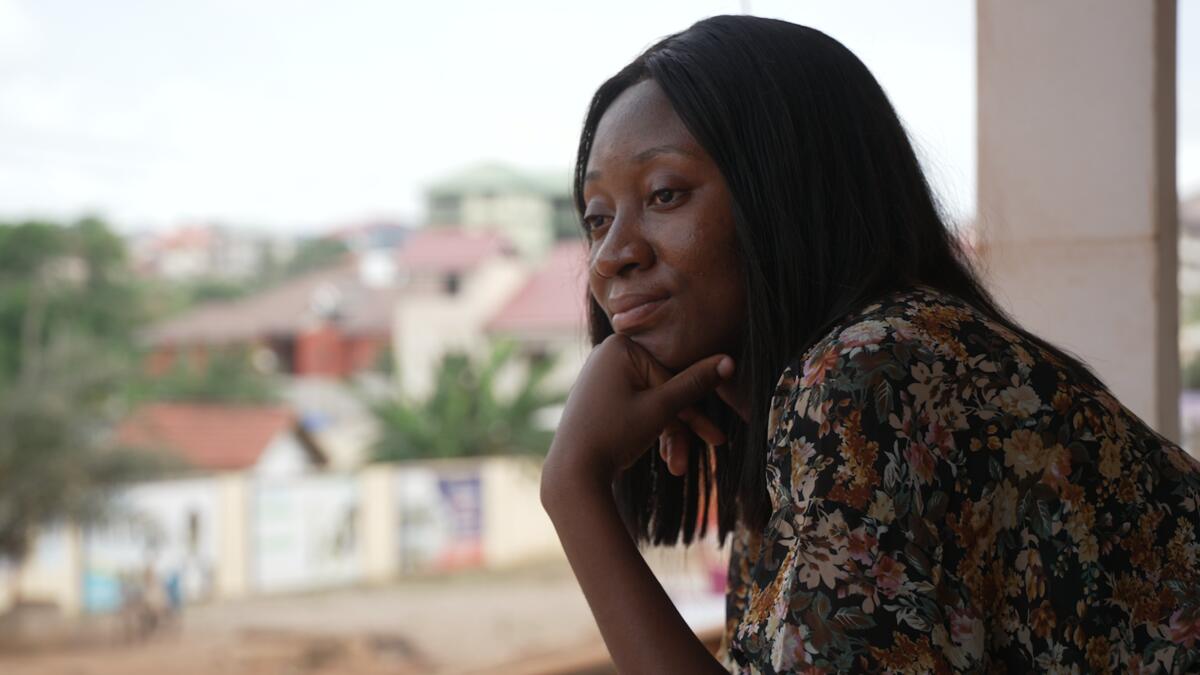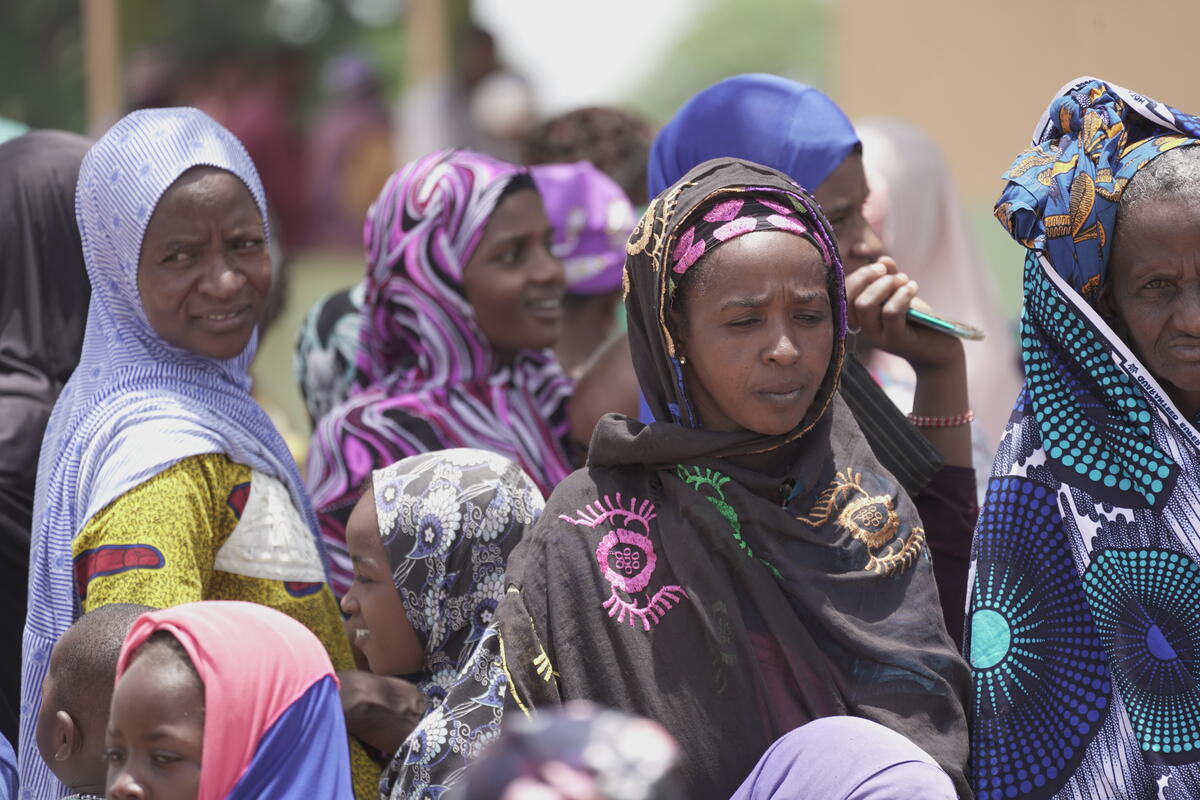Ghana
Ghana
UNHCR, the UN Refugee Agency, and the Ghana Refugee Board work closely together to coordinate management and care activities for refugees and asylum-seekers in Ghana.
As of January 2024, Ghana hosts around 10, 690 registered refugees and asylum-seekers, mainly from Burkina Faso, Togo, Liberia, and Sudan. These statistics do not fully capture the approximately 11,676 Burkinabe asylum seekers yet to be registered.
The refugees and asylum seekers are generally located in four areas:
- north (Burkinabe)
- west (camp-based)
- urban (Accra and surrounds)
- Volta (Togolese).
The current focus of the Ghana operation is to respond to the Burkinabe arrivals in the north. UNHCR has supported the government in setting up reception and settlement centers in Tarikom, Upper East Region, and Zini, Upper West Region. Asylum-seekers who relocate to these locations receive shelter and food. UNHCR also:
- provides core relief items
- conducts regular protection activities
- supports the integration of asylum seekers into government essential services, education, health, social services, etc.
The security situation in the country is generally stable. However, disputes in chieftaincy areas/regions sometimes result in violence. The most notable conflict is in Bawku, which is on the Northeast side of Ghana and where some asylum-seekers have arrived.
Additional information
For more information about our work in Ghana:
For legislation, case law and UNHCR policy relating to claims for international protection, visit Refworld.
Office contact details
The UNHCR Representative in Ghana
Street address:
16 Labone Drive, 4 Dade Walk, Accra, Ghana
Mailing address:
Private Mail Bag, KIA, Accra, Ghana
Phone:
+41 22 739 7232
Email:
[email protected]
Time zone:
GMT +0
Working hours
- Monday: 07:30 - 16:15
- Tuesday: 07:30 - 16:15
- Wednesday: 07:30 - 16:15
- Thursday: 07:30 - 16:15
- Friday: 07:30 - 16:00
- Saturday: closed
- Sunday: closed









